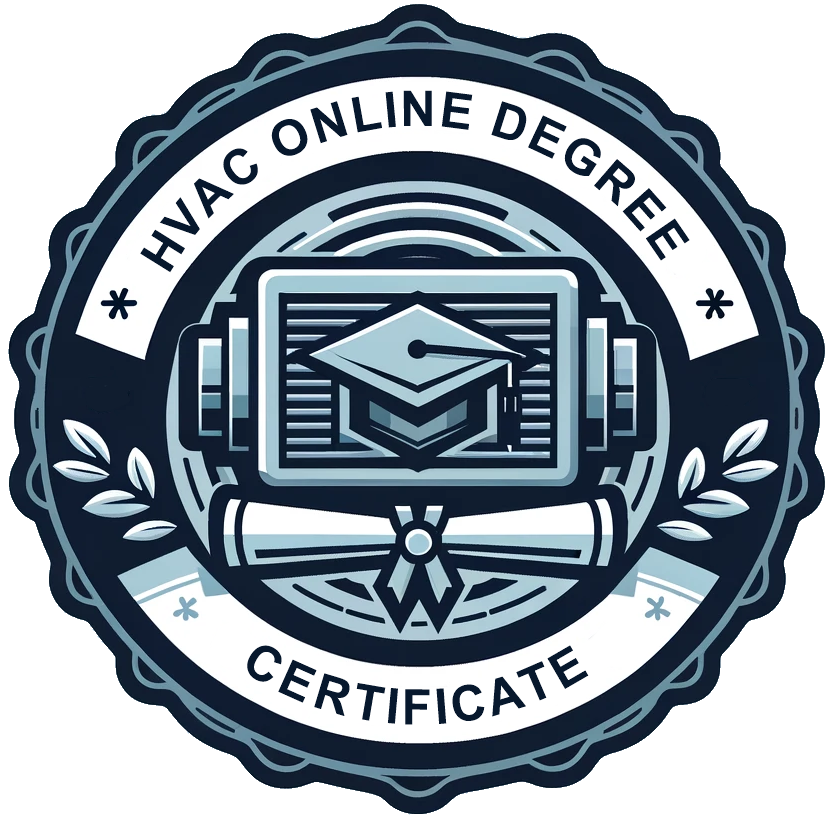Introduction
Enduring a Montana winter without a heater would be challenging for most residents. Therefore, the majority of homes and buildings in the Treasure State have some form of climate-control system. This need for reliable heating during frigid winters makes Big Sky Country an excellent place to pursue a career in heating, ventilation, and air conditioning (HVAC).
HVAC technicians in Montana benefit from a variety of support systems. Numerous organizations and unions operate throughout the state, providing valuable resources to HVAC professionals. For example, the Plumbers & Pipefitters Union Local 30 in Billings offers benefits such as continuing education, training, professional advocacy, and comprehensive health and pension plans.
Other unions in Montana, like the Local 41 in Butte and the Local 459 in Missoula, are affiliated with the Union of Plumbers, Fitters, Welders & Service Techs. Membership in these unions offers HVAC technicians access to numerous benefits and privileges, helping them advance their careers and secure better working conditions.
Demand for HVAC Technicians in Montana
The robust growth in the HVAC industry, both in Montana and nationwide, indicates that now may be an ideal time to pursue a career in this field. According to the Bureau of Labor Statistics (BLS) 2023, there were 379,200 HVAC technicians nationwide. This number is projected to grow by 5 percent from 2022 to 2032. To put this into perspective, job openings across all industries are expected to grow by 3 percent during the same period.
Why is the HVAC industry growing at this rate? Several factors contribute to this expansion. Firstly, the regulations governing the HVAC industry are continuously evolving, necessitating knowledgeable technicians to stay updated with these changes and ensure compliance. Additionally, new buildings in Montana are being constructed at a rapid pace, and nearly all of them require climate-control systems.
HVAC technicians are crucial in installing and maintaining these systems. Moreover, both new and existing climate-control systems need regular maintenance and typically require replacement every 10 to 15 years, ensuring a steady demand for skilled HVAC professionals.
Schools in Montana
Flathead Valley Community College
777 Grandview Dr
Kalispell, Montana 59901
Phone: (406) 756-3822
URL: www.fvcc.edu/
This school is a 2 year Public college that offers Less than one year certificate, One but less than two years certificate|Associate's degree. The campus is located in a fringe rural area with campus housing not offered.
- Total Student Population: 2129
- Total Faculty: 197
Montana State University
Montana State University
Bozeman, Montana 59717
Phone: (406) 994-0211
URL: www.montana.edu/
This school is a 4 year Public college that offers Less than one year certificate, One but less than two years certificate|Associate's degree, Bachelor's degree, Postbaccalaureate certificate, Master's degree|Doctor's degree - research/scholarship|Doctor's degree - professional practice. The campus is located in a remote town with campus housing not offered.
- Total Student Population: 16681
- Total Faculty: 1621
The University of Montana
Missoula
Montana, Montana 59812
Phone: (406) 243-0211
URL: www.umt.edu/
This school is a 4 year Public college that offers Less than one year certificate, One but less than two years certificate, Associate's degree, Two but less than 4 years certificate, Bachelor's degree, Postbaccalaureate certificate, Master's degree, Post-master's certificate, Doctor's degree - research/scholarship, Doctor's degree - professional practice. The campus is located in a small city with campus housing not offered.
- Total Student Population: 9955
- Total Faculty: 851
HVAC Worker Salaries in Montana
HVAC is not only a high-growth profession but also a lucrative one, especially considering it typically requires only one to two years of postsecondary training. According to the Bureau of Labor Statistics (May 2023), there were 379,200 HVAC mechanics and installers nationwide with an average annual salary of $58,980, and 1,300 HVAC mechanics and installers in Montana with an average annual salary of $50,420.
Here are the detailed salary percentiles for HVAC professionals in the US and Montana:
| Percentile | United States | Montana |
|---|---|---|
| Number of HVAC professionals employed | 379,200 | 1,300 |
| Annual mean wage | $58,980 | $50,420 |
| 10th percentile | $37,200 | $32,900 |
| 25th percentile | $45,500 | $38,500 |
| 50th percentile (median) | $52,920 | $47,100 |
| 75th percentile | $67,150 | $58,700 |
| 90th percentile | $84,380 | $68,900 |
Salary figures can vary by source. According to PayScale (March 2024), which aggregates self-reported salaries, the percentiles among HVAC respondents nationwide are:
- 10th percentile: $32,000
- 50th percentile (median): $49,126
- 90th percentile: $78,000
HVAC Certification and Licensing in Montana
HVAC technicians in Montana who work with refrigerants must have an EPA Section 608 Certification. The certification is categorized into four types:
- Type 1: For small appliances
- Type 2: For high-pressure appliances
- Type 3: For low-pressure appliances
- Type 4: Universal, covering all appliance types
Additionally, HVAC professionals can enhance their skills with specialized certifications from various organizations. Examples include certifications from the Refrigerating Engineers and Technicians Association (RETA), North American Technician Excellence (NATE), and HVAC Excellence.
Understanding Montana's licensing requirements is crucial. Independent HVAC technicians who work without employees are not required to register as contractors. However, those who employ others must register as construction contractors with the Montana Department of Labor & Industry. This process involves submitting an application and a $70 fee. Registered contractors benefit from being able to participate in the state’s workers' compensation program and avoid fines of $500 per violation for unlicensed work.
Additionally, certain municipalities in Montana have their own specific licensing requirements for HVAC contractors. It is essential for HVAC professionals to check local regulations to ensure compliance.
